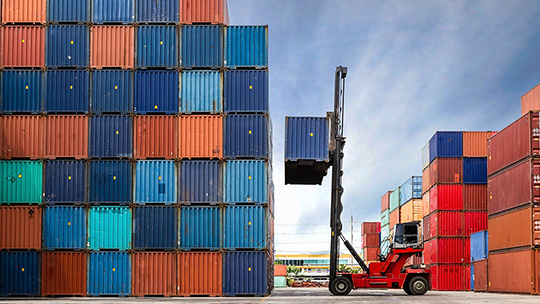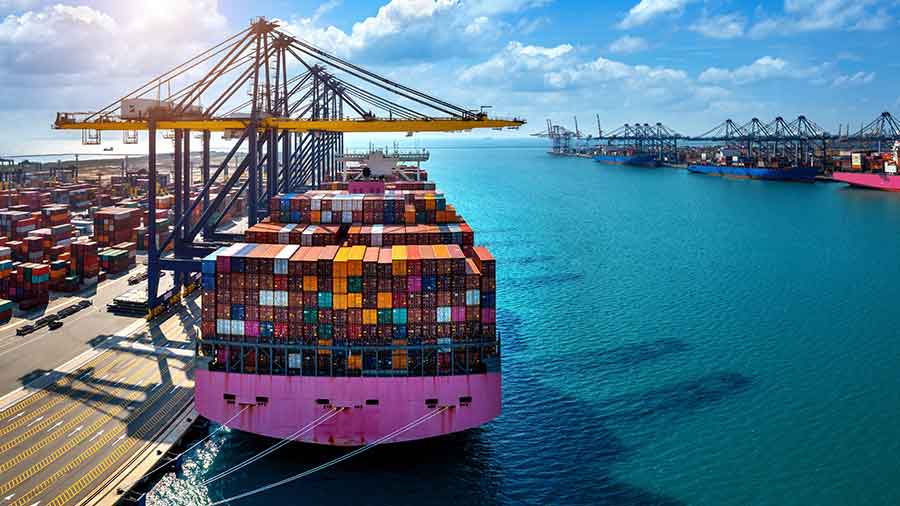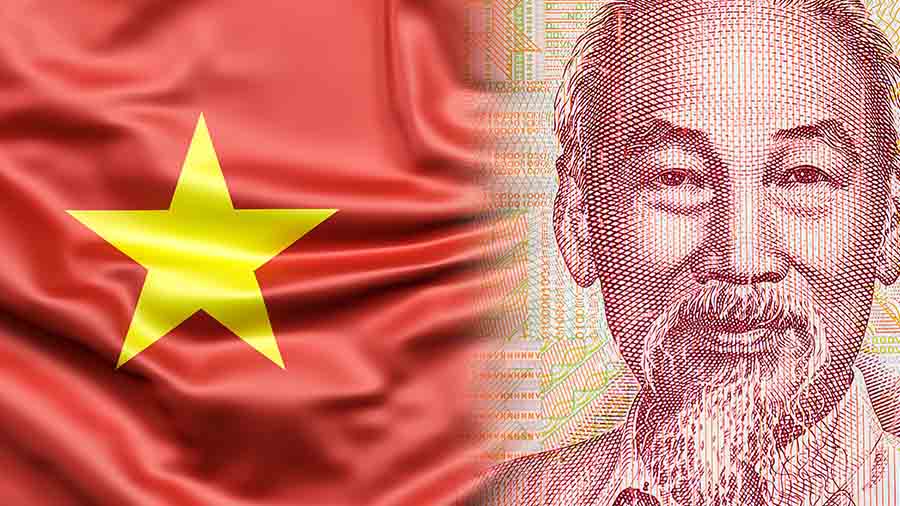Vietnam's economic vitality is linked to the partnership between government entities and the private sector. By offering essential guidance through legal, financial, and bureaucratic challenges, these agencies help businesses pursue growth and adherence to regulations.
These government agencies not only provide the structure for business operations but also shape a cooperative ecosystem where the private and public sectors mutually benefit and propel the nation's economic and social progression. This article serves as a guide for companies seeking to understand and utilize the services of these key government bodies within Vietnam's flourishing market.
Ministry of Planning and Investment (MPI)
The Ministry of Planning and Investment (MPI) stands at the forefront of foreign investment management in Vietnam. As the principal authority in this domain, the MPI is tasked with issuing investment licenses and approving projects that wish to take root in Vietnam's fertile economic landscape. This responsibility positions the MPI as a gateway for foreign enterprises seeking to tap into the wealth of opportunities within the Vietnamese market.
Their assessment and approval process ensures that foreign investments align with national development goals and regulatory frameworks, balancing economic advancement and sustainable practices.
Beyond the issuance of licenses, the MPI's role extends to providing comprehensive oversight on the progression of approved investments, ensuring they are implemented efficiently and in compliance with Vietnamese law.
Department of Planning and Investment (DPI)
The Department of Planning and Investment (DPI) is the cornerstone for business establishment and investment initiatives. It is charged with the task of issuing essential documentation such as business registration certificates and investment certificates. These documents are not merely formalities; they serve as the official seal of legitimacy and are prerequisites for businesses to operate within the country's regulatory framework.
Navigating the complexities of starting and running a business in Vietnam is made more straightforward with the DPI's oversight. The department ensures that businesses comply with national standards by providing other necessary licenses. This regulatory body plays a critical role in streamlining the process for both domestic and foreign enterprises, thereby fostering a conducive environment for economic growth.
Ministry of Finance (MOF)
The Ministry of Finance (MOF) of Vietnam manages the country's finances, including budgeting, taxation, and overseeing various fiscal receivables. It regulates fees, manages state investments, sets corporate financial guidelines, and supervises customs operations, pricing, and the financial services sector. Additionally, the MOF represents government interests in state-owned enterprises by handling state shareholdings.
In its core functions, the MOF drafts and implements tax legislation, ensures efficient tax collection, and oversees the proper allocation of state budget revenues. It conducts audits and inspections to ensure adherence to tax laws and financial regulations. Furthermore, the MOF advises the government on the management of national reserves, oversees the development of the securities and insurance markets, and has the authority to issue and revoke licenses for securities and insurance entities.
General Department of Taxation (GDT)
Tasked with the crucial role of tax collection, the General Department of Taxation (GDT) stands as the central authority in the country's tax administration system. The GDT's responsibilities are not only to ensure that taxes are collected efficiently and on time but also to uphold the integrity of the tax system through diligent enforcement of tax laws.
The body is integral in maintaining fiscal order and in the implementation of tax policies that directly affect the nation's economy. Their work ensures a fair and equitable tax system that balances the economic burden and supports the government's socioeconomic objectives.
Social Insurance Agency (SIA)
The Social Insurance Agency (SIA) plays an integral role in Vietnam's social safety net by administering social insurance programs. These programs encompass:
- Health insurance, ensuring citizens have access to medical services;
- Unemployment insurance, providing financial support during periods of joblessness; and
- Retirement insurance, securing income for individuals in their post-working years.
By effectively overseeing these programs, the SIA not only supports individuals and families but also contributes to the broader social stability and economic security of Vietnam.
Vietnam Chamber of Commerce and Industry (VCCI)
The VCCI is a non-governmental organization that represents the interests of businesses in Vietnam. It provides support services to businesses, including training, consulting, and market research, all tailored to empower businesses to thrive in the competitive landscape.
Companies that engage with the VCCI benefit from its wealth of resources and expertise, gaining insights and tools necessary for navigating market challenges and seizing opportunities, which in turn fosters a robust and dynamic business environment in Vietnam.
Ministry of Natural Resources and Environment (MONRE)
The Ministry of Natural Resources and Environment (MONRE) oversees land, natural resources, the environment, meteorology, hydrology, and climate change. Among other things, the MONRE is responsible for the following significant activities for businesses to note:
- Creates national environmental protection planning and strategy that businesses should comply with.
- The report on strategic environmental assessment is approved.
- Approves the environmental impact assessment report for applicable projects.
- Assists the government in developing, implementing, and recommending climate change responses.
The Vietnam Customs Administration
The Vietnam Customs Administration is committed to the enforcement of stringent management over imports, exports, and international trade operations.
A key aspect of their mission is to protect state revenues while simultaneously facilitating economic growth. In their dual role, they are vigilant against smuggling and commercial fraud, thereby safeguarding consumer interests.
Department of Labor, Invalids and Social Affairs (DOLISA)
The Department of Labor, Invalids, and Social Affairs (DOLISA) is tasked with interpreting and providing guidance on the labor regulations landscape. DOLISA ensures that both employers and employees operate within the legal framework. Its responsibilities extend to the issuance of work permits, a crucial step for foreign workers aiming to enter Vietnam's job market, facilitating the seamless integration of global talent into the local economy.
Furthermore, DOLISA's mandate includes the administration of social insurance programs, which are essential for the social welfare of Vietnam's workforce.
State Bank of Vietnam (SBV)
The State Bank of Vietnam's (SBV) regulatory oversight extends to banks and various financial institutions, ensuring a robust and secure financial system. As the central bank, they are also tasked with issuing the national currency.
Furthermore, the SBV is charged with the responsibility of managing Vietnam's foreign exchange reserves. This involves carefully balancing the reserves to support the value of the national currency in the global market, which is essential for maintaining the country's financial health and ensuring its ability to engage in international trade and investment activities.


















